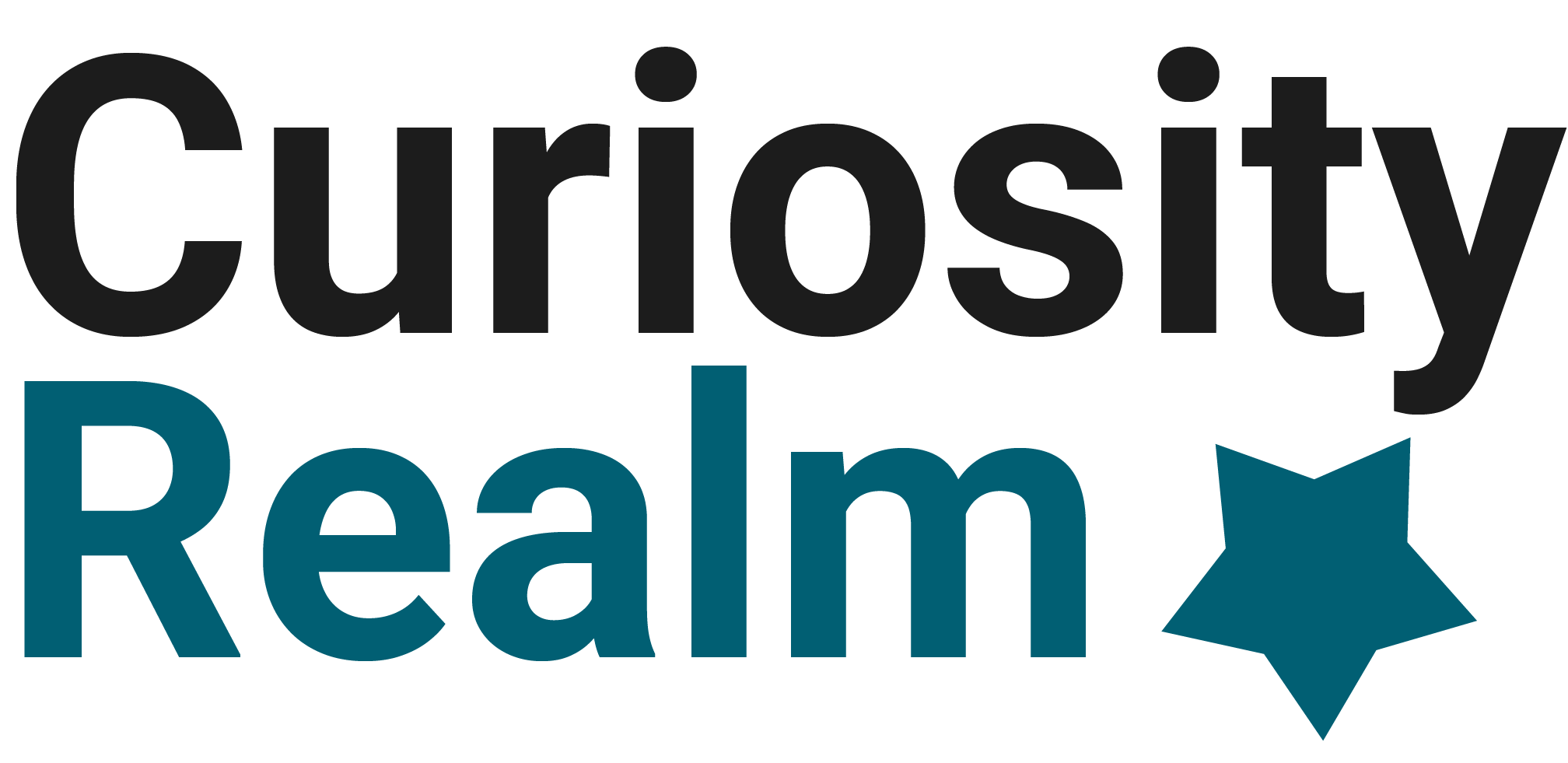Understanding Hearing Loss in Seniors
Hearing loss is a common issue that affects many seniors, impacting their daily lives and overall well-being. As people age, the delicate structures within the ear can deteriorate, leading to hearing difficulties. According to the National Institute on Deafness and Other Communication Disorders, approximately one in three people between the ages of 65 and 74 has hearing loss, and nearly half of those older than 75 have difficulty hearing. This condition can lead to social isolation, depression, and even cognitive decline if not addressed properly.
For seniors, recognizing the symptoms of hearing loss early is crucial. Common signs include frequently asking others to repeat themselves, needing to increase the volume on television or radio, and having difficulty following conversations in noisy environments. Addressing these issues promptly with the help of hearing aids can significantly improve quality of life.
Hearing aids are small electronic devices worn in or behind the ear. They amplify certain sounds, making it easier for individuals to hear and communicate. With advancements in technology, modern hearing aids come with various features such as noise reduction, directional microphones, and connectivity to smartphones, enhancing their functionality and user experience.
The Role of Hearing Aids in Enhancing Senior Health
Hearing aids play a pivotal role in improving the health and well-being of seniors. By enhancing hearing capabilities, these devices help reduce the risk of social isolation, which is a significant concern among the elderly. Engaging in social activities and maintaining relationships are crucial for mental health, and hearing aids facilitate these interactions by making communication more accessible.
Moreover, hearing aids contribute to cognitive health. Studies have shown a correlation between untreated hearing loss and cognitive decline. By using hearing aids, seniors can better engage with their environment, which helps stimulate their brain and potentially delay cognitive deterioration.
Additionally, hearing aids can enhance safety. Being able to hear warning signals, alarms, and approaching vehicles is vital for preventing accidents. For seniors living independently, this aspect of hearing aids can provide peace of mind for both the users and their families.
Choosing the Right Hearing Aid for Seniors
Selecting the appropriate hearing aid can be a daunting task given the variety of options available. The choice depends on several factors, including the degree of hearing loss, lifestyle needs, and budget. It’s important to consult with an audiologist who can provide a thorough hearing assessment and recommend suitable devices.
There are several types of hearing aids, including:
- Behind-the-ear (BTE) aids: These are suitable for all ages and levels of hearing loss. They are known for their durability and ease of handling.
- In-the-ear (ITE) aids: These are custom-made to fit the outer ear and are suitable for mild to severe hearing loss.
- Receiver-in-canal (RIC) aids: These are similar to BTE aids but are less visible and offer a more natural sound.
When choosing a hearing aid, seniors should consider factors such as comfort, ease of use, and additional features like Bluetooth connectivity or rechargeable batteries. Cost is also a significant consideration, and exploring insurance coverage or financial assistance programs can make these devices more affordable.
Cost Considerations and Financial Assistance
Hearing aids can be a substantial financial investment, but there are ways to manage the cost. Prices vary widely depending on the type and features of the hearing aid. While some basic models may be more affordable, advanced devices with additional features can be more expensive.
Fortunately, several programs and resources are available to help seniors afford hearing aids. Some insurance plans offer partial coverage for hearing aids, and there are organizations that provide financial assistance or low-cost options for those in need. Additionally, government programs such as Medicaid may cover hearing aids in certain states.
It’s essential for seniors and their families to explore all available options and discuss payment plans with hearing aid providers. Investing in a quality hearing aid can lead to significant improvements in the user’s quality of life, making it a worthwhile expenditure.
The Future of Hearing Aids and Senior Health
The future of hearing aids looks promising, with continuous advancements in technology enhancing their functionality and accessibility. Innovations such as artificial intelligence, machine learning, and improved connectivity are paving the way for more personalized and effective hearing solutions.
For seniors, these advancements mean better sound quality, more discreet designs, and enhanced user experiences. Future hearing aids may also integrate health monitoring features, allowing users to track their wellness and detect potential health issues early.
As the population ages, the demand for effective hearing solutions will continue to grow. The hearing aid industry is expected to respond with innovations that not only improve hearing but also contribute to overall senior health and well-being. Embracing these technological advancements can empower seniors to live more fulfilling and independent lives.





